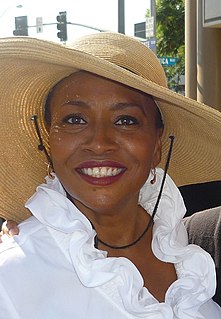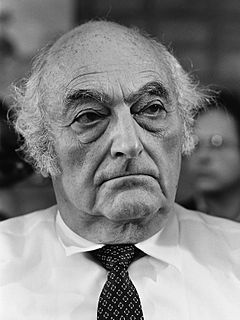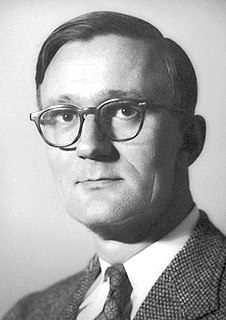A Quote by Ludwig von Mises
It is impossible to understand the history of economic thought if one does not pay attention to the fact that economics as such is a challenge to the conceit of those in power.
Related Quotes
From the simplest lyric to the most complex novel and densest drama, literature is asking us to pay attention. Pay attention to the frog. Pay attention to the west wind. Pay attention to the boy on the raft, the lady in the tower, the old man on the train. In sum, pay attention to the world and all that dwells therein and thereby learn at last to pay attention to yourself and all that dwells therein.
Now it is unambiguously clear that trickle-down economics does not work. But what does that mean? That means we have to structure our economic policies to make sure that we have shared prosperity. And you don't do that by giving a tax cut to the big winners and raising taxes on those who have not done very well. Your economic policy has to respond to the way our economic system has been working.
When people are running up more and more debt for housing, they call that "real wealth." It exposes what's wrong in the mainstream economics and why most of the economics that justifies austerity programs and economic shrinkage is in the textbooks is not scientific. Junk economics denies the role of debt and denies the fact that the economic system we have now is dysfunctional.
Pay attention to your friends; pay attention to that cousin that jumps up on the picnic table at the family reunion and goes a little too 'nutty,' you know what I mean? Pay attention to that aunt that's down in the basement that never comes upstairs. We have to pay attention to our friends, pay attention to your family, and offer a hand.
Those who have power a) understand that the world is not always a just and fair place and accept that fact, b) understand the bases and strategies for acquiring power, and c) take actions consistent with their knowledge in a skillful way. Skill at anything requires practice, and power skills are no different.
Whether it comes from a despotic sovereign or an elected president, from a murderous general or a beloved leader, I see power as an inhuman and hateful phenomen. To the same degree that I do not understand power, I do understand those who oppose power, who criticize power, who contest power, especially those who rebel against power imposed by brutality.
Dialogue is really aimed at going into the whole thought process and changing the way the thought process occurs collectively. We haven't really paid much attention to thought as a process. We have engaged in thoughts, put we have only paid attention to the content, not to the process. Why does thought require attention? Everything requires attention, really. If we ran machines without paying attention to them, they would break down. Our thought, too, is a process, and it requires attention, otherwise its going to go wrong.




































